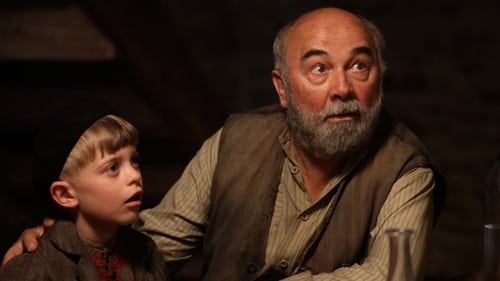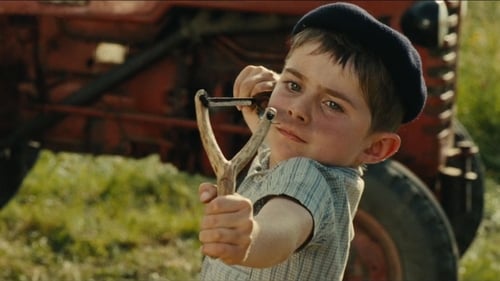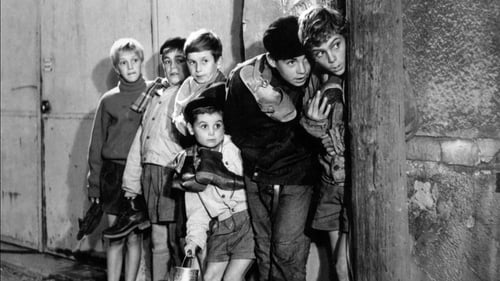Louis Pergaud
出生 : 1882-01-22, Belmont, Doubs, France
死亡 : 1915-04-08
略歴
Louis Pergaud (22 January 1882 – 8 April 1915) was a French novelist, war poet, and soldier, whose principal works were known as "Animal Stories" due to his featuring animals of the Franche-Comté in lead roles. His most notable work was the novel La Guerre des boutons (1912) (English: The War of the Buttons). It has been reprinted more than 30 times, and is included on the French high-school curriculum.
A schoolteacher by profession, Pergaud came into conflict with Roman Catholic authorities over the implementation of the Third French Republic's separation of Church and State enacted in 1905. In 1907 Pergaud chose to move to Paris to pursue his literary career. Pergaud's prose works are often considered to reflect the influences of Realist, Decadent and Symbolist movements. He was killed at age 33 in April 1915, by French fire while in a field hospital behind German lines; he was serving with the French Army near Marchéville-en-Woëvre during the First World War.
The War of the Buttons has been adapted five times as a film, four times in French productions and once in an Irish one. It was adapted most recently in France in two films released the same week in September 2011. Both were set during the twentieth century.
Pergaud was born on 22 January 1882, in Belmont, Doubs. Son of a republican schoolmaster, Louis was encouraged to excel in his studies. His academic successes earned him scholarships permitting him to continue school with the intention of following in his father's footsteps. In 1901 he completed his studies at the École Normale in Besançon.
After a year of teaching and a year of military service, in 1903, Pergaud married his first wife. They lived in Durnes, where he was teaching again. After moving to Landresse for a time, Pergaud separated from his wife in 1907 and moved to Paris.
They later divorced and he married a second time.
Louis Pergaud accepted his first teaching position in Durnes. After a year, he was called to complete a year of military service with the 35th infantry regiment stationed in Belfort. According to Ian Higgins, "National service in 1902-03 did nothing to cure him of his anti-militarism."
In the fall of 1903, Pergaud returned to his post in Durne.
In 1905 Pergaud transferred with his wife to Landresse. Initially, life in this small, isolated village was difficult.
According to Ian Higgins, "The predominantly Catholic villagers of Landresse were hostile to their local teacher, by definition a servant of the Republic, and who never went to Mass. Feeling cut off in an alien environment, tired of constantly battling against suspicion, ill-feeling, innuendo, and accusation, Pergaud resigned his post and went to Paris to work in an office."
In 1907, Pergaud left Landresse and his wife, for Paris, where he joined Leon Deubel, a longtime friend and inspiration. In Paris, Pergaud suffered through extreme poverty, even as he worked as a clerk and then as a schoolteacher, in an effort to realize his dream of literary success. ...
Source: Article "Louis Pergaud" from Wikipedia in English, licensed under CC-BY-SA 3.0.



